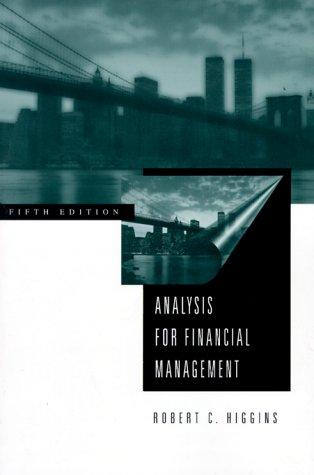1) You are lucky enough to have a illion dollars in the bank. You have decided that there are only three serious investment options: putting it in your mattress, investing in stocks, and investing in bonds. Your utility function over total wealth is uu(x)= Vx. There is no inflation. a) If you stick your money in the mattress (assume that it is perfectly safe), how much utility will you have at the end of the year? (1 point) b) Bonds are in general very dependable, but markets have been jittery as of late. You estimate that there is a 90 percent chance that you will gain 4 percent, but there is 10 percent chance that you will gain nothing. What is the expected utility of investing the $1,000,000 in bonds? (1 point) c) Stocks have recently been extremely volatile. If you invest in stocks, there is a 40 percent chance that you will gain 21 percent, a 40 percent chance that you will gain nothing, and a 20 percent chance that you will lose ten percent. What is the expected utility of investing the $1,000,000 in stocks? (1 point) d) Given that you are an expected utility maximizer, what is the sensible thing to do with your money? (1 point) e) If instead of maximizing expected utility, you were exceedingly loss averse, what would you do? (1 point) 1) You are lucky enough to have a illion dollars in the bank. You have decided that there are only three serious investment options: putting it in your mattress, investing in stocks, and investing in bonds. Your utility function over total wealth is uu(x)= Vx. There is no inflation. a) If you stick your money in the mattress (assume that it is perfectly safe), how much utility will you have at the end of the year? (1 point) b) Bonds are in general very dependable, but markets have been jittery as of late. You estimate that there is a 90 percent chance that you will gain 4 percent, but there is 10 percent chance that you will gain nothing. What is the expected utility of investing the $1,000,000 in bonds? (1 point) c) Stocks have recently been extremely volatile. If you invest in stocks, there is a 40 percent chance that you will gain 21 percent, a 40 percent chance that you will gain nothing, and a 20 percent chance that you will lose ten percent. What is the expected utility of investing the $1,000,000 in stocks? (1 point) d) Given that you are an expected utility maximizer, what is the sensible thing to do with your money? (1 point) e) If instead of maximizing expected utility, you were exceedingly loss averse, what would you do? (1 point)







